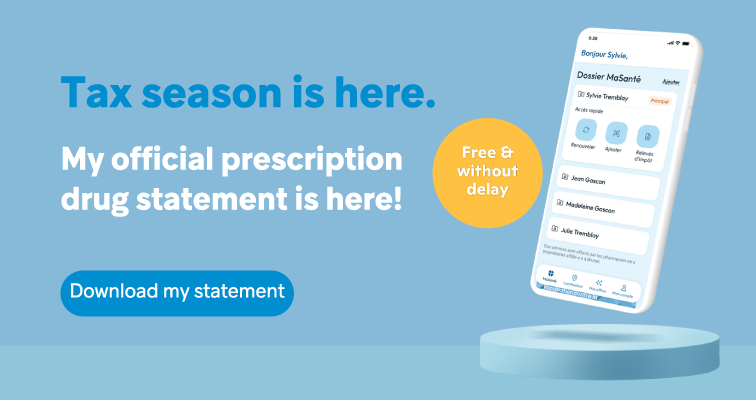Pregnancy is an emotional journey. The pandemic we are currently experiencing brings added uncertainty, stress, and questioning. Although research into how COVID-19 may affect pregnancy is still in the early stages, initial results are encouraging.

To help you better understand the impact that this new disease may have on pregnancy and childbirth, our experts have answered some of your questions.
If I am pregnant, am I more at risk of catching COVID-19?
Everything indicates that pregnant women do not present a greater risk of contracting COVID-19 than the rest of the population.
However, due to physiological changes and a weaker immune system during pregnancy, pregnant women are generally at greater risk of complications from respiratory infections.
Therefore, pregnant women should ensure that they follow the same prevention recommendations that apply to the community as a whole.
If I have COVID-19, can I pass the virus on to my baby?
According to the studies that have been published so far on this subject, the virus has not been detected in amniotic fluid, placenta, or breast milk.
Therefore, it is considered very unlikely that the virus can be transmitted to the fetus during pregnancy. The data, although still too sparse to draw unequivocal conclusions, is encouraging.
There have been a number of reported cases of newborns contracting the virus, presumably during childbirth or through contact after birth.
However, all indications are that the majority of newborns who contract COVID-19 are affected by a mild form of the disease and recover within a few days to a few weeks.
Should I maintain my pregnancy follow-ups? I am worried about going to the hospital.
Yes. Prenatal visits are essential to ensure maternal and fetal health. It’s normal to be concerned, but it’s also important to remember that there are many measures in place to prevent the spread of the virus.
In Quebec, all pregnancy follow-ups are being maintained. However, it’s possible to space them out or, if the situation permits, complete them via telephone or videoconference.
Ultrasound scans between 11 and 13 weeks and between 20 and 22 weeks will be prioritized. To reduce the risk of spread in health care settings, it is not possible in most cases to have an attendant for follow-up appointments.
It is important to remember that every pregnancy is unique. The hospital staff will ensure that the care you receive is adapted to your needs. If you have any questions or concerns, don’t hesitate to contact your health care team.
May I be accompanied during my delivery?
In Quebec, women may be accompanied by a loved one when giving birth, at both hospitals and birthing centres.
COVID-19 has upset the birth plans of many couples. To plan your delivery, it is recommended that you contact your health care team to fully understand the specific measures that may apply in your birth location.
If I have COVID-19, will I be able to breastfeed my baby?
Yes, a mother can breastfeed even if she has COVID-19. SARS-CoV-2, the virus that causes COVID-19, is not found in breast milk. Considering the benefits of breastfeeding, particularly in the prevention of infection, it is recommended that breastfeeding be continued.
For a mother who is likely or confirmed to have COVID-19, it is mandatory to wear a medical mask during breastfeeding and any other contact with the baby. In all cases, remember that anyone who comes in contact with your baby must wash their hands before and after each contact.
My prenatal classes have been suspended or postponed. Where can I find reliable information?
More and more perinatal resources are adapting to offer their services at a distance. Also, various courses are now available online. Contact your health care team for information on courses available in your area.
In Quebec, the From Tiny Tot to Toddler guide, offered free of charge to all Quebec parents, remains the leading reference.
As always, your pharmacist is a reliable health professional who is available to answer your questions. Don’t hesitate to call them if you have any questions related to pregnancy or your child’s health.
*This article was produced with the information available at time of publication.
